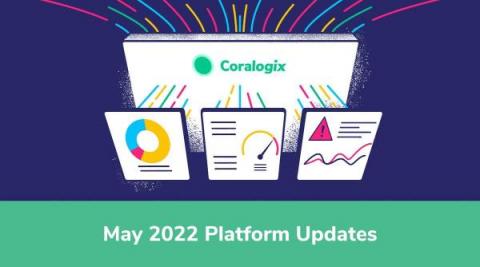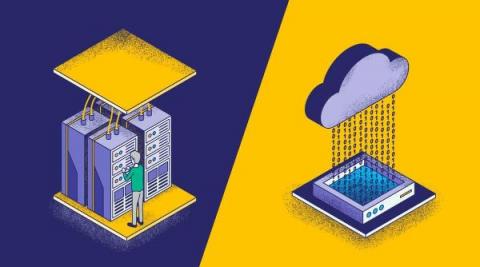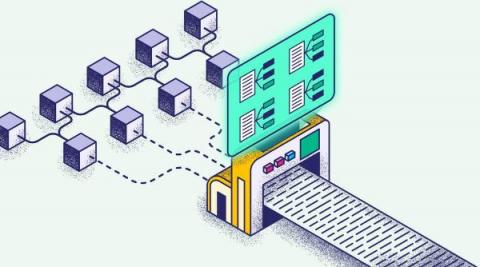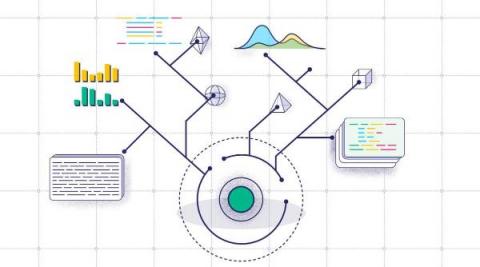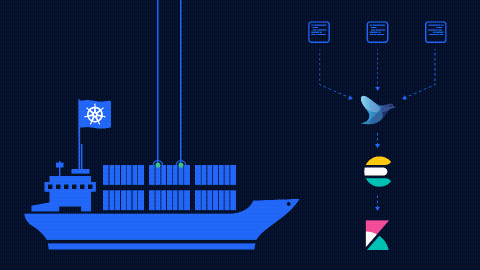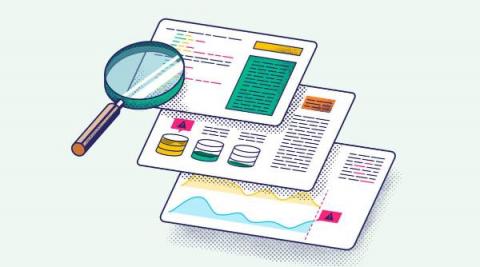May 2022 Platform Updates
Our team has been working hard on building exciting new features like our DataMap, advanced Tracing UI, and more that will give you even greater power to monitor and visualize your data. Get caught up on everything that’s new and improved in the Coralogix platform!


